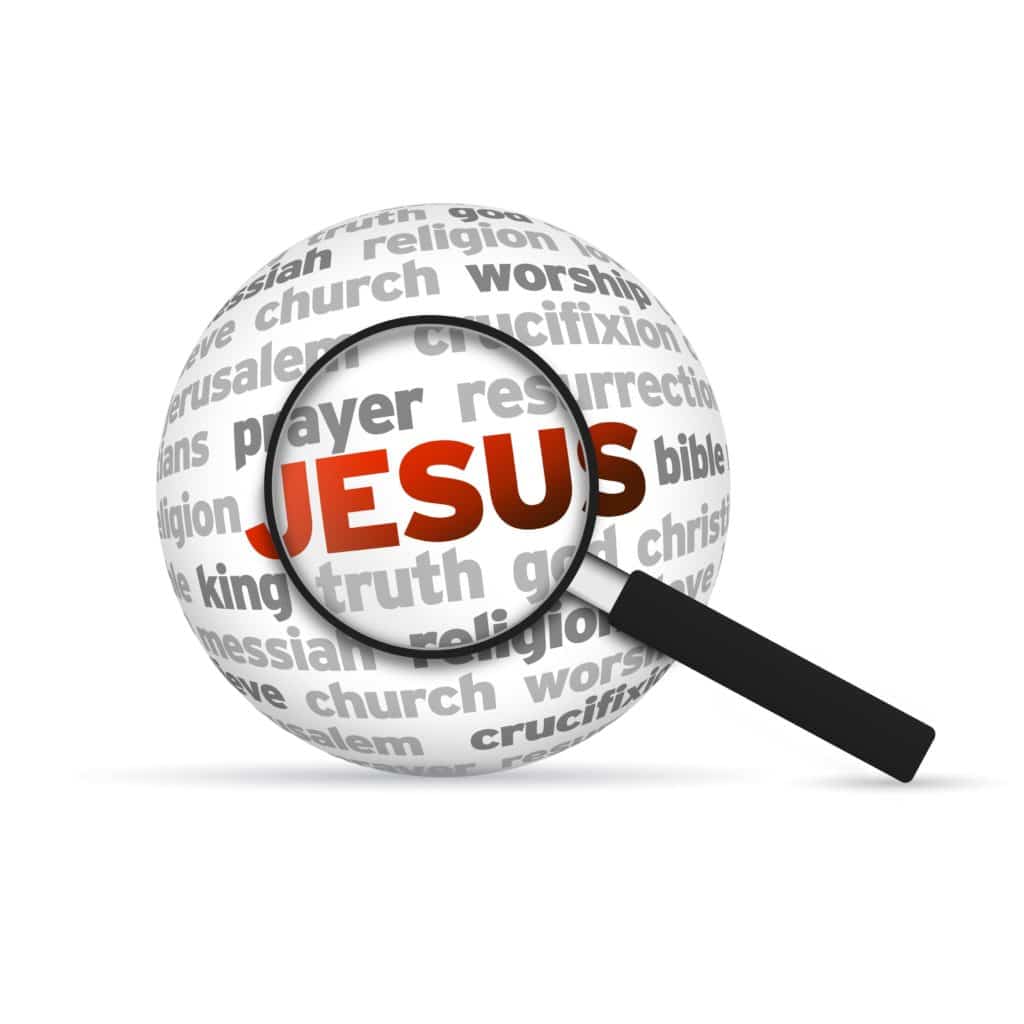Kingdoming Well Part 8
Matthew 13:10-17 (NIV)
10 The disciples came to him and asked, “Why do you speak to the people in parables?” 11 He replied, “The knowledge of the secrets of the kingdom of heaven has been given to you, but not to them. 12 Whoever has will be given more, and he will have an abundance. Whoever does not have, even what he has will be taken from him. 13 This is why I speak to them in parables: “Though seeing, they do not see; though hearing, they do not hear or understand. 14 In them is fulfilled the prophecy of Isaiah: “‘You will be ever hearing but never understanding; you will be ever seeing but never perceiving. 15 For this people’s heart has become calloused; they hardly hear with their ears, and they have closed their eyes. Otherwise they might see with their eyes, hear with their ears, understand with their hearts and turn, and I would heal them.’ 16 But blessed are your eyes because they see, and your ears because they hear. 17 For I tell you the truth, many prophets and righteous men longed to see what you see but did not see it, and to hear what you hear but did not hear it.
Jesus teaches about the Kingdom of God using parables. Why parables? Parables are as teaching tool that help people discover the truth. They help people look at things in a way that allows them to process at a deeper level, to look at things from a new perspective. The person hearing the parable has to think about what it means. When you find the truth in this manner it sticks with you. The cool thing about parables is that rather impose truth on a person, they put people in a position to realize the truth.
The people of Israel were looking for a Messiah who would deliver them from the oppression they were experiencing at the hands of the Romans and who would restore them to the glory days of the Davidic reign. They could not grasp that this was going to take place in two stages, primarily because they didn’t want to hear it. They were looking for a political deliverance, and yet Jesus had not come the first time to deal with the Roman empire, He came to expose the work of the evil one and inaugurate the Kingdom by giving Himself at the cross to pay for our sin and set us free from the kingdom of darkness.
When He returns, He will consummate the Kingdom and set everything in order. The parables in Matthew need to be evaluated with the now and not yet understanding of the Kingdom of God that we have been talking about.
Of the seven parable in Matthew 13, two of them are about the judgment when Jesus come again (the parable of the wheat and weeds and the parable of the net). The other five are about the present reality of the Kingdom of God now.
The parable of the sower:
Matthew 13:1-9 (NIV)
1 That same day Jesus went out of the house and sat by the lake. 2 Such large crowds gathered around him that he got into a boat and sat in it, while all the people stood on the shore. 3 Then he told them many things in parables, saying: “A farmer went out to sow his seed. 4 As he was scattering the seed, some fell along the path, and the birds came and ate it up. 5 Some fell on rocky places, where it did not have much soil. It sprang up quickly, because the soil was shallow. 6 But when the sun came up, the plants were scorched, and they withered because they had no root. 7 Other seed fell among thorns, which grew up and choked the plants. 8 Still other seed fell on good soil, where it produced a crop–a hundred, sixty or thirty times what was sown. 9 He who has ears, let him hear.”
Jesus explains the parable of the sower to His disciples:
Matthew 13:18-23 (NIV)
18 “Listen then to what the parable of the sower means: 19 When anyone hears the message about the kingdom and does not understand it, the evil one comes and snatches away what was sown in his heart. This is the seed sown along the path. 20 The one who received the seed that fell on rocky places is the man who hears the word and at once receives it with joy. 21 But since he has no root, he lasts only a short time. When trouble or persecution comes because of the word, he quickly falls away. 22 The one who received the seed that fell among the thorns is the man who hears the word, but the worries of this life and the deceitfulness of wealth choke it, making it unfruitful. 23 But the one who received the seed that fell on good soil is the man who hears the word and understands it. He produces a crop, yielding a hundred, sixty or thirty times what was sown.”
The seed that is sown is the message about the kingdom of God. The good news that the God’s rule and reign is now here in part and can be experienced by people now. Our adversary will rob some, others will reject the message in favor of what the world has to offer, and others will accept the good news and experience the full and abundant, now and forever life that Jesus makes possible.
The parable of the wheat and weeds:
Matthew 13:24-30 (NIV)
24 Jesus told them another parable: “The kingdom of heaven is like a man who sowed good seed in his field. 25 But while everyone was sleeping, his enemy came and sowed weeds among the wheat, and went away. 26 When the wheat sprouted and formed heads, then the weeds also appeared. 27 “The owner’s servants came to him and said, ‘Sir, didn’t you sow good seed in your field? Where then did the weeds come from?’ 28 “‘An enemy did this,’ he replied. “The servants asked him, ‘Do you want us to go and pull them up?’ 29 “‘No,’ he answered, ‘because while you are pulling the weeds, you may root up the wheat with them. 30 Let both grow together until the harvest. At that time I will tell the harvesters: First collect the weeds and tie them in bundles to be burned; then gather the wheat and bring it into my barn.'”
The judgment that results in the separation of the people of the Kingdom of God and the people of the kingdom of darkness does not take place at Jesus first coming. It will take place when Jesus comes back at the end of this present evil age. Those who received the message of the Kingdom will be accepted by the Father.
The parable of the mustard seed:
Matthew 13:31-32 (NIV)
31 He told them another parable: “The kingdom of heaven is like a mustard seed, which a man took and planted in his field. 32 Though it is the smallest of all your seeds, yet when it grows, it is the largest of garden plants and becomes a tree, so that the birds of the air come and perch in its branches.”
The kingdom of God was inaugurated when Jesus came the first time, it will continue to grow until He comes back the second time. The Kingdom is here now in part, but it will be fully here when He returns.
The parable of yeast:
Matthew 13:33 (NIV)
33 He told them still another parable: “The kingdom of heaven is like yeast that a woman took and mixed into a large amount of flour until it worked all through the dough.”
This parable is about the transforming power of the Kingdom to change individuals and communities. When Jesus returns, the Kingdom will be consummated, worked through all the dough.
The parable of the treasure in the field:
Matthew 13:44 (NIV)
44 “The kingdom of heaven is like treasure hidden in a field. When a man found it, he hid it again, and then in his joy went and sold all he had and bought that field.
The parable of the fine pearl:
Matthew 13:45-46 (NIV)
45 “Again, the kingdom of heaven is like a merchant looking for fine pearls. 46 When he found one of great value, he went away and sold everything he had and bought it.
These two parables are presented in a parallel fashion, meaning they are both saying the same thing, that there is nothing that compares to the Kingdom of God. The only difference is that one person kind of happens upon the Kingdom without realizing he was searching for something but when he finds it he realizes it is more valuable than anything he owns. The other person is actively searching for the Kingdom and then finally found it.
The parable of the net:
Matthew 13:47-50 (NIV)
47 “Once again, the kingdom of heaven is like a net that was let down into the lake and caught all kinds of fish. 48 When it was full, the fishermen pulled it up on the shore. Then they sat down and collected the good fish in baskets, but threw the bad away. 49 This is how it will be at the end of the age. The angels will come and separate the wicked from the righteous 50 and throw them into the fiery furnace, where there will be weeping and gnashing of teeth.
Like the parable of the wheat and weeds, the parable of the net talks about the judgment that will occur at the end of the age. Those who have received the message of the Kingdom are accepted by the Father. Everyone else is not.
These parable are a picture of what Jesus has dome and will do. He came and inaugurated the Kingdom of God, when He returns He will consummate the Kingdom. Until He does return, people have the opportunity to receive or reject the message of the Kingdom.


